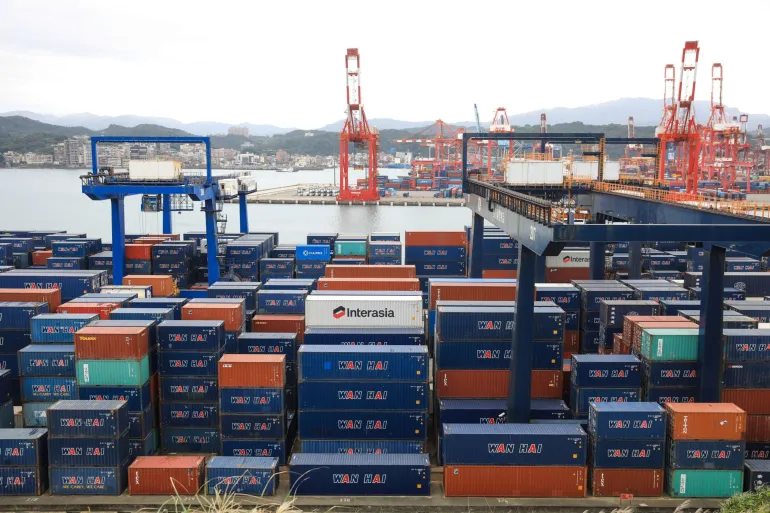The Nigerian government has been urged by the World Bank to end its fuel subsidy.
This advice is supported by the argument that, along with crude oil theft, fuel subsidies have an impact on the government’s net revenue.
On Thursday in Abuja, at the Nigeria Development Update and Country Economic Memorandum, this conversation took place.
The forum’s moderator, Alex Sienaert, the new lead economist for Nigeria at the World Bank, outlined the benefits of ending Nigeria’s fuel subsidies. Despite the rise in oil prices, he pointed out that oil revenue is on the decline.
“The main reason why net revenues would be lower this year at N2.3 trillion than they were in 2020 is because, despite the production pressures, production revenues have increased but PMS subsidies have increased. He spoke.
The primary cause of the decline in oil revenue, according to the lead economist, is Nigeria’s rising petrol subsidies, which recently increased from N4 trillion to more than N9 trillion.
He acknowledged Nigeria’s efforts to increase non-oil sector revenue in an effort to lessen the country’s reliance on oil, but he admitted that the idea had been successful in offsetting what they had observed in terms of net oil revenue.
The adoption of a single, market-reflective exchange rate, raising the VAT and excise taxes, improving tax administration, and reducing the federal government’s reliance on CBN financing are just a few of the topics Alex Sienaert covered in his speech. He also discussed reducing inflation by reducing the federal government’s reliance on oil revenues.
In his remarks on the Nigerian economy as a whole, he urged the federal government to use less financing from the Central Bank of Nigeria (CBN) in order to combat the country’s inflation issue.
The economist claims that increasing trade, access to finance, power generation, and transport connectivity are the four factors that could increase investment opportunities in the nation.








